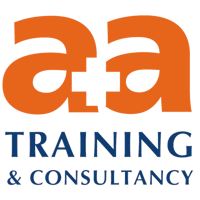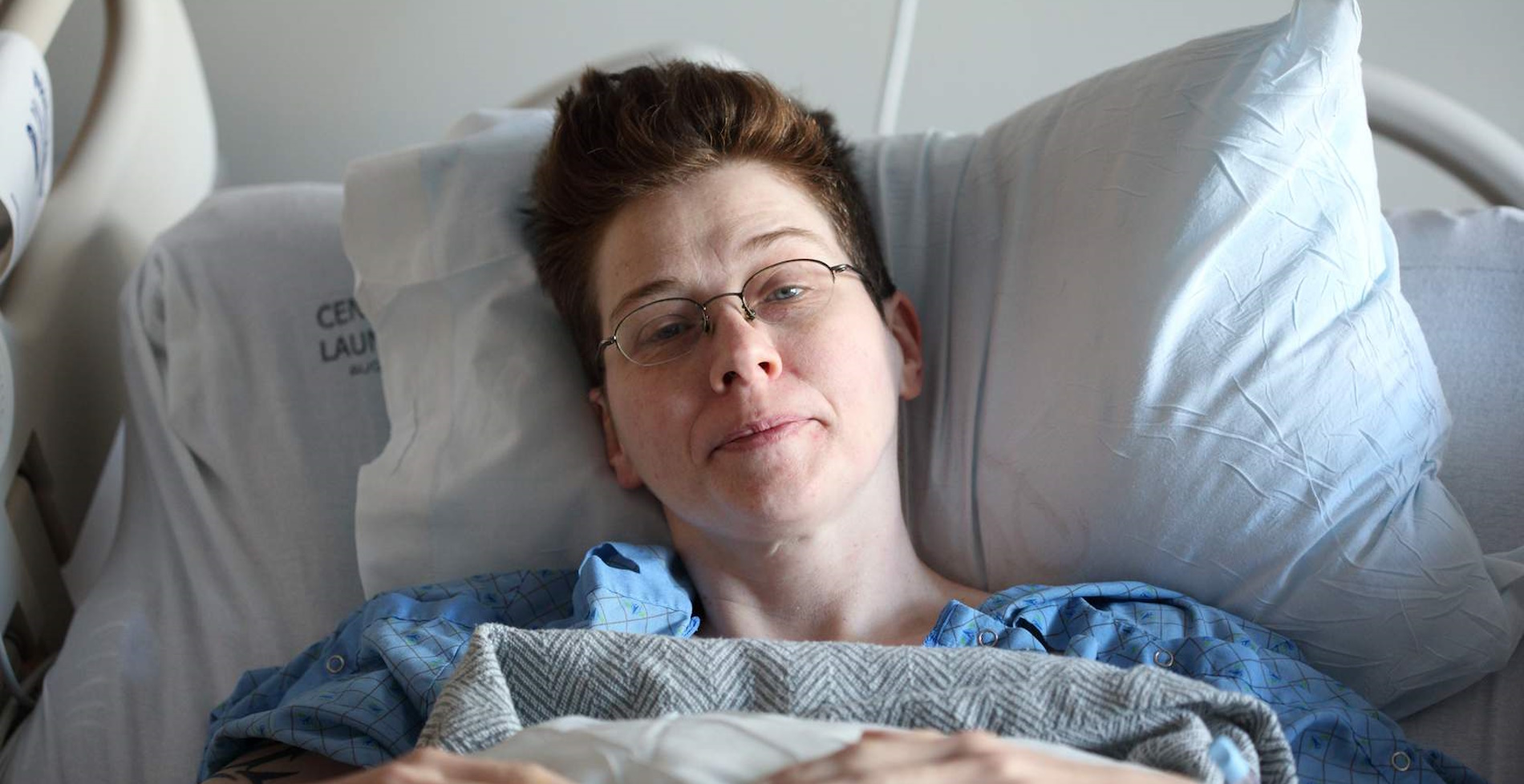A&A Training & Consultancy is an experienced provider of adult and paediatric complex care training. Complex Care Training courses can be tailored to fit the medical and social needs of your patient, including:
Aim: To understand the care and management of a spinal injured patient.
Learning Outcomes:
- Increased knowledge in the normal anatomy of the spinal cord and its function
- Understanding of the effects of spinal cord injury (physical and psychological)
Aim: To introduce knowledge and skills in relation to maintaining a healthy bladder and bowel.
Learning outcomes:
- Principles of maintaining a health bladder and bowel
- Increased knowledge of anatomy and physiology of the bowel in relation to spinal cord injury
- Understand the principles and concepts of bowel management programme for a client with a spinal cord injury
- Key components of a healthy diet
- What constitutes a high fibre diet?
- How to assist spinal injured clients to maintain a healthy bladder
- Documentation and consent
Aim: To introduce knowledge and skills in relation to maintaining a healthy bowel.
Learning outcomes:
- Principles of maintaining a health bowel
- Increased knowledge of anatomy and physiology of the bowel in relation to patients with neurological problems
- Understand the principles and concepts of bowel management programme for a client with a spinal cord injury
- Key components of a healthy diet
- What constitutes a high fibre diet?
- How to assist a neurological patient to maintain a healthy bowel
- Documentation and consent
Aim: To introduce and update skills in relation to digital stimulation and manual removal of faeces.
Learning outcomes:
- To safely and competently perform digital stimulation and manual removal of faeces as part of a bowel management plan
- Understand the principles of maintaining privacy and dignity
- Practise new knowledge and skill on manikin
- Principles of utilising Bristol stool chart
- Documentation and informed consent
- Attitudes to bowel care
Aim: To introduce and gain an understanding of what Autonomic Dysreflexia.
Learning outcome:
- Increased knowledge in anatomy and physiology relevant to spinal injured patients and autonomic dysreflexia
- Understand the mechanisms of autonomic dyresflexia
- Explain the signs and symptoms of autonomic dysrelexia
- Understand how to treat autonomic dysreflexia and maintain patients safety
Aim: To understand the principles of infection control and how best practice is maintained.
Learning outcome:
- Types and carriers of infection
- Chain of infection
- Features of the six links
- Breaking the links
- Seven stage hand washing technique
- Understanding the principles of infection control in relation to catheter care and bowel management
- Reducing cross infection
Aim: To understand the principle of valid consent and the 2005 Mental Capacity Act including Liberty Protection Safeguards.
Learning outcomes:
- The meaning of Consent
- Principles of Mental Capacity Act and associated assessments
- What constitutes valid Consent?
- Key components (time, cognition and information)
- Legislation and case law
- Professional ethics and moral dilemmas
- Case studies covering the following issues:
- Emergency treatment when a person lacks capacity
- Acting in the best interest of a patient
- Parental responsibility for children and children’s Consent
- Local policy and practice for obtaining Consent
- Principles of MCA and associated assessments
- Roles in relation to Liberty Protection Safeguards
Aim: To understand the importance of risk assessment in relation to moving and handling of patients with spinal cord injuries.
Learning outcome:
- Increased knowledge of anatomy and physiology of spinal injured patients
- Understand the risks associated with manual handling of a spinal injured patient
- Competent and safe practise of manual handling of a spinal injured patient
- Documentation and consent
- Good communication
Aim: To understand the principles of skin care and pressure sore management.
Learning outcome:
- To understand the anatomy and physiology of the skin
- To understand the principles of skin and wound care
- Risks of pressure sores to patients with spinal injuries
- To understand the principles and prevention of pressure sores
- Explain how to care for a client’s skin with spinal cord injuries
Aim: To introduce and gain an understanding of what Poikilothermia is.
Learning outcome:
- Increased knowledge in anatomy and physiology relevant to spinal injured patients and Poikilothermia
- Understand the mechanisms of Poikilothermia
- Explain the signs and symptoms of Poikilothermia
- Understand how to treat Poikilothermia and maintain patients safety
Aim: To develop the knowledge and skills to care for a spinal injured patient that has an indwelling catheter.
Learning outcome:
- Purpose of indwelling catheter in a spinal injured patient
- Risks and complications
- Safety and infection control
- Anatomy and physiology of male and female urinary system
- Care of indwelling catheter
- Explain the management of catheter care drainage systems
- Adhere to local policy and procedures
- Documentation and consent
Aim: To introduce and gain an understanding of Orthostatic Hypotension.
Learning outcomes:
- Increased knowledge in anatomy and physiology relevant to spinal injured patients and Orthostatic Hypotension
- Understand the mechanisms of Orthostatic Hypotension
- Explain the signs and symptoms of Orthostatic Hypotension
- Understand how to treat Orthostatic Hypotension and maintain patients safety
Further Information
Please contact us if you would like more information about our courses, or if you would like to discuss your training needs.

